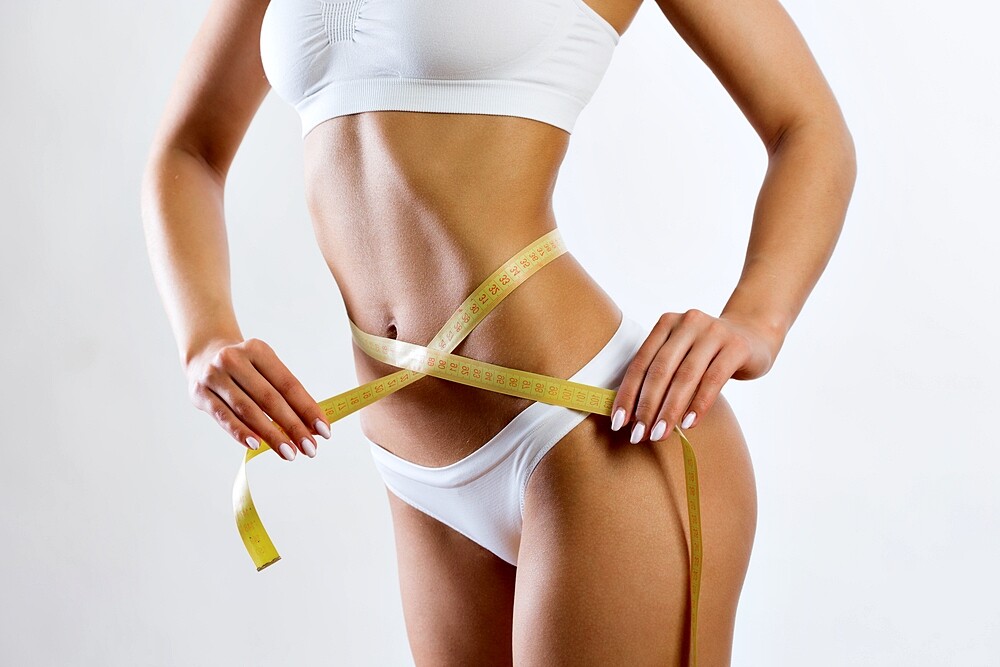With the Volumetrics diet, we can eat our fill and still lose a few pounds. How the principle works and what you should pay attention to is explained here.
Are you sick of counting calories, too? Then the Volumetrics diet might be just what you need to lose a few kilos! Unlike other diets, Volumetrics (Latin for “volumetry”) allows you to eat your fill and lose weight without feeling hungry. The concept was developed by Barbara Rolls, who is a professor of nutritional science at Pennsylvania State University.
What is the Volumetrics Diet?
With this form of nutrition you do not rely on kcal or calorie, fat or carbohydrate reduction, but pay attention exclusively to the energy density of a food. This indicates how much energy a food provides in relation to its weight. In other words, anything that has a high volume, fills the stomach well and contains a low calorie density is on the Volumetrics menu. This is the food that gives the quickest feeling of satiety – and according to the expert, about one to two pounds per week can melt away permanently with this diet.
What can I eat on the Volumetrics diet?
If you want to lose weight with Volumetrics, you should have a lot of fruit and vegetables on your menu. You can eat these foods with low energy density and high volume and forget your hunger:
- Whole grain products, e.g. noodles and bread
- Vegetables with a high water content such as lettuce, tomatoes, cucumbers and kohlrabi
- Fruit, such as bananas, apples, cherries, strawberries
- Lean meats like chicken, lean ham
- Lean dairy products
And what should I give up to lose weight?
First of all: You should not forbid yourself anything completely, even if you are on a diet, so that you can keep it up. While you want to have as much access to the above-mentioned foods as you want, you should be more cautious with the following products:
- Full-fat products (cheese and milk)
- Eggs
- Sweet and salty snacks
- Alcohol
- Baked and deep-fried food
How can I replace these foods in the Volumetrics diet?
Barbara Rolls is also aware that when cooking and baking, it can sometimes be difficult to do without products with a high calorie density and use low-energy products with a high water content. Her tips: Instead of butter, cream and eggs, milk, egg white or yoghurt should be used. Oil should be used as little as possible – if you do, Rolls recommends healthy vegetable oils such as rapeseed oil.
By the way: You can also lose weight on your stomach, as we reveal in this article!

